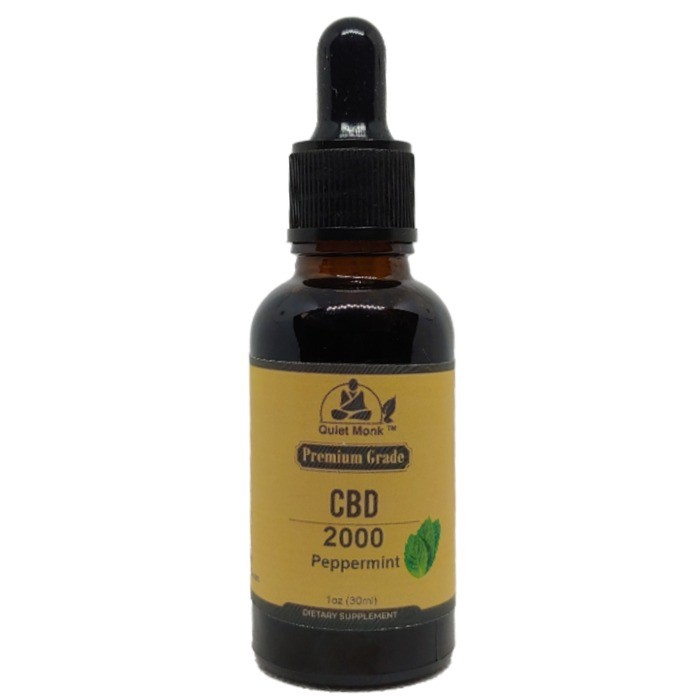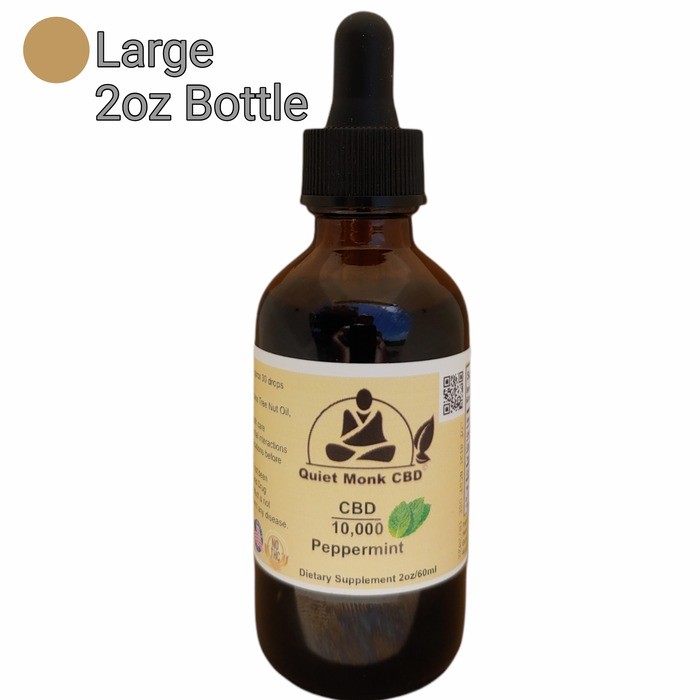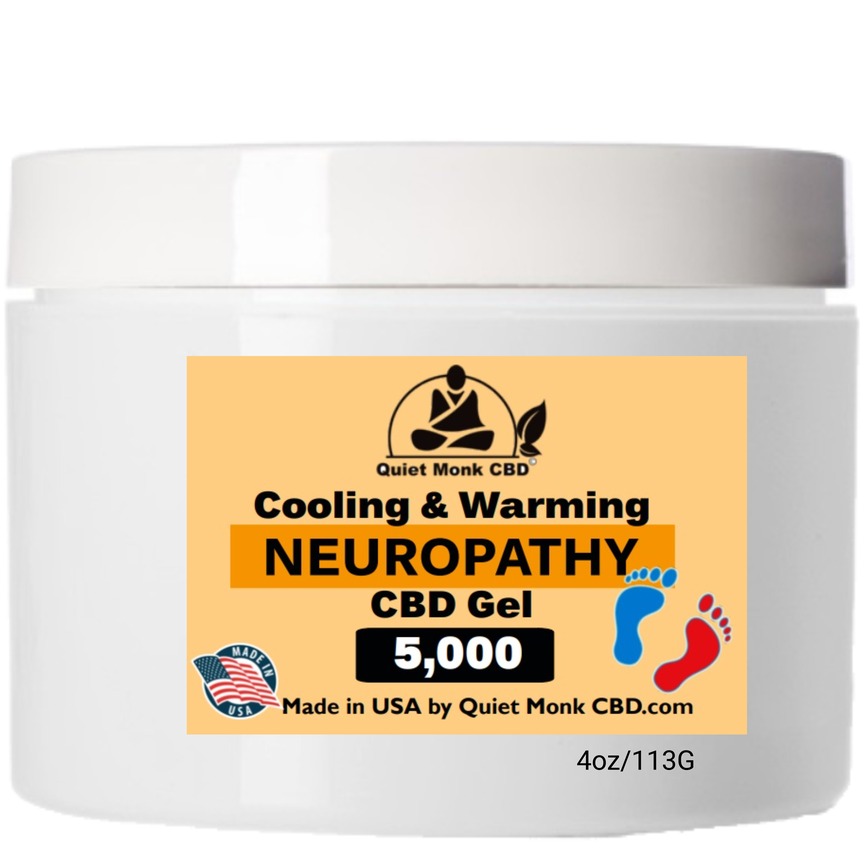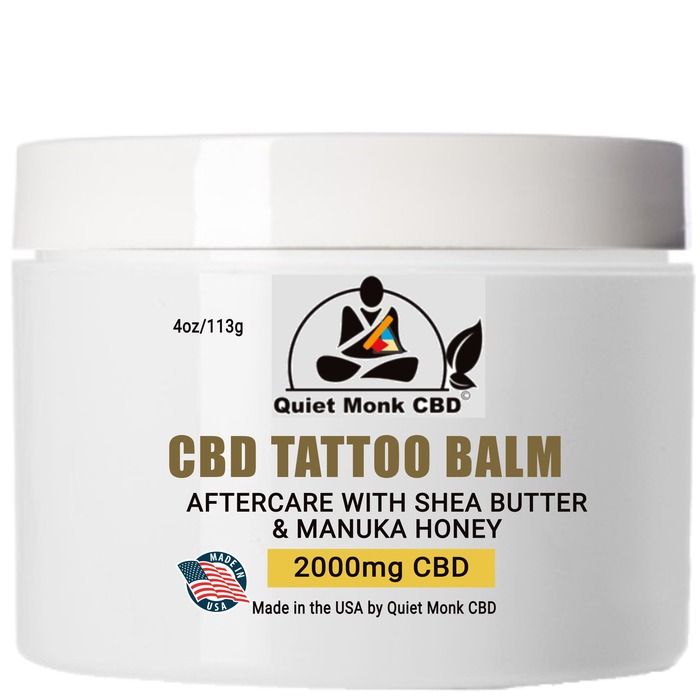CBD’s legal status is influenced by both federal and state laws. Federally, CBD derived from hemp containing less than 0.3% THC (the psychoactive component of cannabis) was legalized under the 2018 Farm Bill. However, individual states can still impose their own regulations and restrictions on CBD. Now, let’s delve into the specific CBD laws in Connecticut.
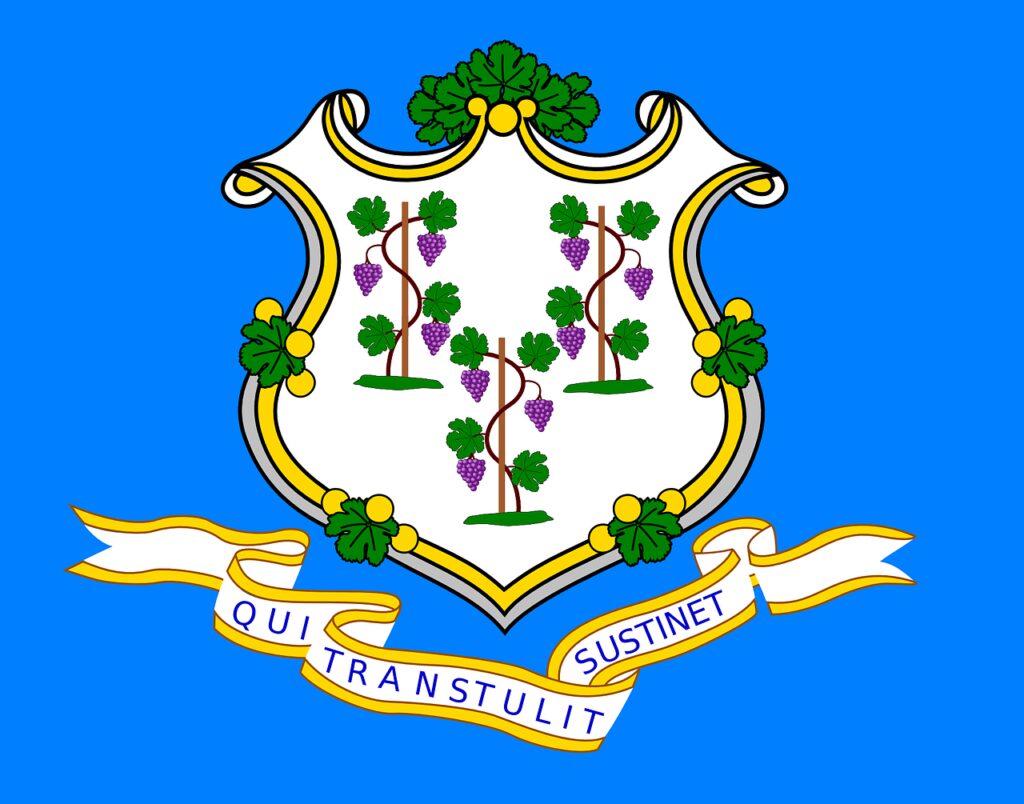
Currently, CBD is legal in Connecticut and is not classified as a controlled substance. The state has adopted policies in alignment with federal law and allows for the cultivation, production, sale, and use of CBD products derived from hemp. Connecticut has also established the Connecticut Hemp Program to regulate hemp cultivation and ensure compliance with state laws.
Under the Connecticut Hemp Program, individuals and businesses must register and obtain licenses to participate in the cultivation, processing, and sale of hemp and CBD products. The program outlines specific requirements and standards to ensure product safety, quality, and proper labeling.
Consumers in Connecticut have access to a variety of retail options for CBD products, including specialized CBD stores, health food stores, and online retailers. However, it is important to note that the use of CBD for recreational purposes is still subject to certain legal considerations. individuals should be aware of the guidelines and regulations surrounding CBD consumption and discuss any potential medical use with their healthcare provider.
While CBD is legal in Connecticut, it is always recommended to stay informed about the latest updates, as laws and regulations may change over time. As with any supplement or health product, consumers should exercise caution and make informed decisions when buying and using CBD in Connecticut.
Key takeaway:
- CBD legality varies: While CBD is federally legal as long as it is derived from hemp and contains less than 0.3% THC, state laws can differ. It’s important to understand the specific CBD laws in Connecticut before buying or using it.
- Connecticut allows CBD: CBD is legal in Connecticut, both for medicinal and recreational use. The state has a comprehensive hemp program in place for cultivation, processing, and sale.
- Legal considerations for CBD consumers: Individuals in Connecticut should be aware of the legal implications of using CBD, including restrictions on buying and selling, as well as the difference between recreational and medicinal use.
Legal status of CBD in the United States
CBD, or cannabidiol, is a compound derived from the cannabis plant that has gained popularity for its potential health benefits. However, the legal status of CBD in the United States can be confusing due to conflicting regulations at the federal and state levels.
1. Federal laws: According to federal law, CBD derived from hemp is legal in the United States as long as it contains less than 0.3% THC, the psychoactive component of cannabis. The Agricultural Improvement Act of 2018, also known as the Farm Bill, legalized hemp and removed it from the list of controlled substances. This means that CBD products derived from hemp, including oils, tinctures, and topicals, are legal at the federal level.
2. State laws: While federal law permits the use of CBD derived from hemp, states have the authority to enact their own regulations. Some states may have stricter laws regarding the use and sale of CBD, while others may have more relaxed regulations. It is important to be aware of the specific laws in your state regarding the legal status of CBD in the United States.
3. FDA regulations: The Food and Drug Administration (FDA) plays a crucial role in regulating CBD products. Currently, the FDA has only approved one CBD product, Epidiolex, for the treatment of seizures associated with two rare forms of epilepsy. Other CBD products, such as dietary supplements and food additives, are not currently approved by the FDA and are subject to additional regulations.
4. Legalization of marijuana: It is important to note that the legal status of CBD derived from marijuana, which contains higher levels of THC, varies from state to state. While some states have legalized both medical and recreational marijuana, others have strict regulations or have not legalized marijuana at all. The legality of CBD derived from marijuana is often tied to the broader marijuana laws in each state within the United States.
5. Quality and safety: When purchasing CBD products, it is important to consider the quality and safety of the product. Look for products that have been tested by a third-party laboratory for purity and potency. Additionally, choose products that are derived from organic hemp and are free from harmful additives or contaminants to ensure compliance with the legal status of CBD in the United States.
Is CBD Legal Federally?
The legal status of CBD at the federal level in the United States is a topic of importance and confusion for many individuals. It is crucial to understand the current regulations to ensure compliance and avoid any legal issues.
Here is a breakdown of the federal legality of CBD:
- Is CBD Legal Federally? CBD derived from hemp: The 2018 Farm Bill legalized the cultivation and sale of hemp and its derivatives, including CBD, at the federal level. Hemp is defined as cannabis plants containing 0.3% or less THC.
- THC content: CBD products derived from hemp should contain 0.3% THC or less to be considered legal federally. THC is the psychoactive compound in cannabis that produces a “high” sensation.
- Legalization of CBD products: As long as CBD products meet the requirements set by the 2018 Farm Bill and contain less than 0.3% THC, they are considered legal at the federal level.
- Regulation by the FDA: The Food and Drug Administration (FDA) has the authority to regulate CBD products that are marketed as dietary supplements or for therapeutic uses. The FDA has approved one CBD-based medication for the treatment of certain epilepsy disorders.
- Interstate commerce: CBD products that comply with federal regulations can be legally transported and sold across state lines.
- Law enforcement discretion: It is important to note that while CBD products may be legal at the federal level, law enforcement agencies have the discretion to enforce their own regulations and restrictions on CBD within their jurisdictions.
State Laws and CBD
When it comes to CBD, state laws and regulations play a vital role. Understanding these laws is crucial for compliance and legality. Here are some key points to consider:
1. Legalization: CBD’s legal status varies from state to state. While some states have fully legalized both recreational and medicinal CBD use, others only allow medicinal use. Familiarizing yourself with your state’s specific laws is essential.
2. THC Content: Each state has set limits on the amount of THC allowed in CBD products. THC is the psychoactive component of cannabis. Ensuring that the CBD products you purchase comply with your state’s THC restrictions is important.
3. Licensing and Regulations: Some states require CBD businesses to obtain licenses and follow specific regulations. These regulations may involve testing, labeling guidelines, and product quality standards. Understanding and adhering to your state’s licensing and regulations is essential.
4. Age Restrictions: Many states have age restrictions for purchasing and using CBD products. The minimum age requirement can range from 18 to 21 years old. Familiarizing yourself with the age restrictions in your state will help avoid legal issues.
5. Interstate Commerce: Even if CBD is legal in your state, it’s essential to consider the laws surrounding interstate commerce. Transportation of CBD products across state lines may be subject to federal regulations. Consult legal experts or regulatory agencies to ensure compliance in such cases.
6. Hemp vs. Marijuana: State laws may differentiate between CBD derived from hemp and CBD derived from marijuana. Hemp-derived CBD is generally legal in most states, thanks to the 2018 Farm Bill. However, marijuana-derived CBD may face stricter regulations or even be illegal in certain states. Understanding the distinction and specific laws for each is vital.
7. Changes in Laws: State laws on CBD can change over time. Staying updated with any changes is essential. This includes monitoring legislation, regulatory updates, and legal precedents that may impact CBD’s legality and regulations.
By understanding state laws and regulations regarding CBD, individuals can ensure compliance and safely purchase and use CBD products according to their personal needs. Remember to research and verify your state’s specific laws before making any CBD-related decisions.

Understanding CBD Laws in Connecticut
CBD enthusiasts in Connecticut, listen up!
We’re about to unravel the intricate web of CBD laws specific to our very own state.
Get ready to dive into the nitty-gritty of this subject as we explore the current status of CBD in Connecticut.
From regulations to restrictions, we’ll shed light on how the legal landscape shapes the availability and use of CBD products in our state.
So, fasten your seatbelts and let’s embark on this informative journey together!
Current Status of CBD in Connecticut
The current status of CBD in Connecticut is as follows:
- Connecticut has legalized the medical use of CBD. The state’s medical marijuana program allows patients with qualifying conditions to obtain CBD products with a higher THC content than what is typically permitted under federal law.
- In 2019, Connecticut also legalized the recreational use of CBD, making it legal for adults 21 and older to possess and use CBD products with a low THC content. This includes CBD derived from both hemp and marijuana.
- However, it is important to note that CBD derived from marijuana is still subject to certain restrictions. It can only be purchased at state-licensed dispensaries by individuals with a valid medical marijuana card.
- On the other hand, CBD derived from hemp, which contains less than 0.3% THC, is widely available in Connecticut. It can be purchased from various retailers, including pharmacies, health food stores, and online vendors.
- When purchasing CBD in Connecticut, consumers should ensure that the product has been third-party tested to verify its potency and purity. This helps ensure that the product contains the advertised amount of CBD and is free from contaminants.
- While CBD is legal in Connecticut, it is still important for consumers to be aware of the laws and regulations surrounding its use. It is always recommended to consult with a healthcare professional before incorporating CBD into your wellness routine, particularly if you are already taking medications.
Connecticut Hemp Program
Discover the secrets of the Connecticut Hemp Program, where legalities and opportunities intertwine. From registration and licensing to the specific requirements for cultivation, processing, and sale, this section uncovers the framework that underpins the hemp industry in Connecticut. Prepare to dive into the nitty-gritty of the state’s regulations and explore the possibilities that lie ahead for aspiring participants in this booming market.
Registration and Licensing
Registration and Licensing are crucial steps for CBD businesses in Connecticut to ensure compliance with state regulations and maintain the integrity of the industry.
- To begin, submit an application for registration as a Hemp Grower, Processor, or Both to the Connecticut Department of Agriculture (DoAg).
- Make sure to provide all the required information in the application, including the business name, physical address, contact information, and other pertinent details.
- Before submitting the application, ensure that all key participants associated with the business, such as owners, officers, and directors, have completed the necessary background checks.
- Include a non-refundable application fee along with the submission. The DoAg will specify the fee amount, which may vary depending on the type of registration sought.
- Undergo inspections conducted by the DoAg to evaluate the facility and ensure compliance with safety and quality standards.
- Provide evidence of financial capability to operate the CBD business successfully. This may involve submitting financial statements or demonstrating access to the necessary resources.
- Adhere to all labeling and packaging requirements specified by the DoAg. It is important to provide accurate and transparent information about the CBD products offered for sale.
- Maintain accurate records of all activities related to the cultivation, processing, and sale of CBD products. These records should be readily available for inspection by regulatory authorities.
- Remember to renew the registration and licensing annually to ensure ongoing compliance with state regulations. Failure to renew in a timely manner may lead to penalties or the revocation of the registration.
By following these steps, CBD businesses in Connecticut can obtain the necessary registration and licensing to legally operate in the state. It is important for businesses to consistently adhere to all regulations and requirements to maintain compliance and the trust of their customers.
Requirements for Cultivation, Processing, and Sale
| Requirements for Cultivation | Processing | Sale |
|---|---|---|
| Applicants for a cultivation license must ensure they have the necessary documentation for the land they plan to use, undergo a background check, and pay the required fees. | Facilities for processing must be registered with the Department of Consumer Protection and adhere to all federal and state laws regarding the handling and disposal of hemp waste. The keeping of accurate records is essential, as processing facilities must document all activities related to hemp received, processed, or disposed of, and make these records available for inspection. | Retailers must comply with labeling requirements and ensure that CBD products are accurately labeled with information such as batch numbers, expiration dates, and manufacturer or distributor details. Additionally, all CBD products must undergo testing by independent laboratories to ensure quality, safety, and accurate cannabinoid content. |
When considering the requirements for cultivation, processing, and sale of CBD in Connecticut, it is important to understand the regulations set forth by the state. Applicants for a cultivation license must ensure they have the necessary documentation for the land they plan to use, undergo a background check, and pay the required fees.
For processing, facilities must be registered with the Department of Consumer Protection and adhere to all federal and state laws regarding the handling and disposal of hemp waste. The keeping of accurate records is essential, as processing facilities must document all activities related to hemp received, processed, or disposed of, and make these records available for inspection.
In terms of sale, retailers must comply with labeling requirements and ensure that CBD products are accurately labeled with information such as batch numbers, expiration dates, and manufacturer or distributor details. Additionally, all CBD products must undergo testing by independent laboratories to ensure quality, safety, and accurate cannabinoid content.
It is crucial to adhere to these requirements to ensure compliance with Connecticut laws and regulations surrounding the cultivation, processing, and sale of CBD products.
Remember to always stay informed about any updates or changes to the regulations and consult with the appropriate authorities for further guidance.
Buying and Using CBD in Connecticut
Looking to buy and use CBD in Connecticut? Let’s dive into the essential details. We’ll explore the retail options for CBD products, discuss the differences between recreational and medicinal use of CBD, and highlight some legal considerations for CBD consumers. So, whether you’re seeking pain relief or simply curious about the benefits, we’ve got you covered!
Retail Options for CBD Products
When it comes to purchasing CBD products, there are several retail options available to consumers. These retail options include physical stores, online retailers, pharmacies, dispensaries, and natural health stores.
Physical stores such as health food stores, wellness centers, and specialty CBD stores offer a wide range of CBD products. These stores allow consumers to see and feel the products before making a purchase. Some stores even have knowledgeable staff who can provide guidance and answer questions about the different CBD products available.
Online retailers have also become increasingly popular for CBD products. Many reputable CBD brands have their own websites where consumers can directly purchase products. Additionally, there are online marketplaces and retailers that offer a diverse selection of CBD products from various brands. Shopping online provides convenience and the ability to compare products and prices.
In certain states, authorized pharmacies are allowed to sell CBD products. This gives consumers the opportunity to purchase CBD products from a trusted source and receive guidance from trained pharmacists.
In states where marijuana is legal for both recreational and medicinal purposes, consumers can buy CBD products from licensed dispensaries. These dispensaries typically offer a wide range of CBD products, including those with higher levels of THC for individuals seeking the benefits of both compounds.
Many natural health stores and holistic wellness centers also carry CBD products. These retailers focus on providing natural and alternative health solutions, and CBD products align with their holistic approach.
When selecting a retail option for CBD products, it is important to consider factors such as product selection, quality, pricing, and customer reviews. Additionally, consumers should ensure that the retailer they choose follows proper labeling and safety regulations to guarantee the authenticity and safety of the CBD products they offer.
To find the best retail option for CBD products, consider visiting local stores, exploring online options, reading customer reviews, and seeking recommendations from friends or healthcare professionals. Thorough research and choosing a reputable retailer will ensure the purchase of high-quality CBD products that meet specific needs and preferences.
Recreational vs. Medicinal Use of CBD
When it comes to CBD, it is important to understand the distinction between recreational and medicinal use. Both recreational use and medicinal use of CBD have their own purposes and considerations, and it is important to be aware of them before using CBD products.
- Recreational use: Recreational use of CBD, also known as non-medical use, is primarily for enjoyment and relaxation. Many people use CBD recreationally to reduce stress, promote relaxation, and enhance mood. It is often used in social settings or as part of a self-care routine.
- Medicinal use: Medicinal use of CBD involves using it for specific health conditions or symptoms. CBD has been found to have potential therapeutic benefits for various conditions, such as chronic pain, anxiety, epilepsy, and inflammation. When used medicinally, CBD is often taken under the guidance of a healthcare professional.
- Differences: The main difference between recreational and medicinal use of CBD lies in the intention and desired outcomes. Recreational use focuses on relaxation and enjoyment, while medicinal use aims to alleviate specific health issues. This also impacts the dosage and frequency of CBD use.
- Considerations: When deciding on recreational or medicinal use of CBD, it is essential to consider your personal goals, health status, and any potential interactions with medications. Consulting with a healthcare professional can provide valuable guidance on the appropriate use of CBD for your specific needs.
Suggestions:
- Take the time to educate yourself about CBD and its potential benefits and risks.
- Consult with a healthcare professional to determine if CBD is suitable for your specific health needs.
- Start with low doses and gradually increase as needed, keeping track of any effects or changes in symptoms.
- Consider different methods of CBD administration, such as oils, edibles, or topicals, to find what works best for you.
- Be mindful of the quality and source of CBD products, ensuring they are from reputable brands and undergo third-party testing.
Legal Considerations for CBD Consumers
When it comes to consuming CBD, there are several legal considerations that CBD consumers need to be aware of. Here are some important things to keep in mind:
- Understanding the legal status: CBD consumers must understand the legal status of CBD in their specific location. While CBD is legal federally in the United States, state laws can vary. In Connecticut, for example, CBD is legal as long as it is derived from hemp and contains less than 0.3% THC.
- Buying from reputable sources: CBD consumers should ensure that they are purchasing CBD products from reputable sources that comply with all relevant regulations. This helps to ensure the quality and safety of the CBD products they are consuming.
- Awareness of THC content: While CBD products must contain less than 0.3% THC to be legal, it’s important for CBD consumers to be aware of the THC content in the CBD products they are using. Regular lab testing and product transparency can provide CBD consumers with this information.
- Understanding the intended use: CBD consumers should be aware of the intended use of the CBD products they are purchasing. CBD can be used for both recreational and medicinal purposes, and different regulations may apply depending on the intended use.
- Consulting with a healthcare professional: It is always recommended for CBD consumers to consult with a healthcare professional, especially if they have any existing medical conditions or are taking other medications. This can help ensure that CBD is safe and appropriate for their individual circumstances.
Some Facts About the Legal Status of CBD in Connecticut:
- ✅ CBD oil is legal in Connecticut for all purposes.
- ✅ Connecticut legalized the retail sale of hemp-derived CBD and CBD products in May 2019.
- ✅ CBD with a THC content of less than 0.3% is not considered a controlled substance in Connecticut.
- ✅ Industrial hemp, containing less than 0.3% THC, is distinct from marijuana and not a controlled substance in Connecticut.
- ✅ Residents of Connecticut can purchase and use CBD products without a prescription, medical card, or license.
Frequently Asked Questions
Is CBD legal in Connecticut?
Yes, CBD is legal in Connecticut. The state has legalized the retail sale of hemp-derived CBD and CBD products. Industrial hemp is considered distinct from marijuana and is not a controlled substance. As long as CBD products contain less than 0.3% THC, they are legal for both medical and recreational use in Connecticut.
What are the legal intricacies surrounding CBD in Connecticut?
Connecticut has implemented several laws to regulate the legal status of CBD. Senate Bill No. 603 initiated the state’s pilot hemp growing program, allowing for the manufacturing of CBD products made from hemp. Public Act 19-3 established regulations for hemp growers, processors, and manufacturers. It is important to stay updated on current legislation and regulations regarding CBD in Connecticut.
Where can I purchase CBD products in Connecticut?
CBD products can be purchased in various locations across Connecticut, including health and wellness shops, smoke shops, yoga studios, gyms, specialty and gift shops, gas stations, and golf pro shops. Online ordering is also available for convenient delivery.
Can CBD oil be purchased legally without a prescription in Connecticut?
Yes, CBD oil can be purchased legally without a prescription in Connecticut. Hemp-derived CBD oil is federally legal, and the state has no restrictions on the sales, possession, and transportation of hemp-based products. However, marijuana-derived CBD oil requires a prescription and can only be purchased from licensed medical marijuana dispensaries.
Are there any restrictions on the possession of CBD products in Connecticut?
There are no restrictions or possession limits for CBD products in Connecticut as long as they contain less than 0.3% THC. However, it is important to note that some localities within the state may have their own regulations regarding CBD.
Can CBD oil be purchased online in Connecticut?
Yes, CBD oil can be purchased online from reputable suppliers in Connecticut. Many companies ship their products to all 50 states, offering a wide range of CBD oil products and attractive wholesale deals. When buying online, it is important to choose reputable websites that guarantee third-party lab testing, provide a certificate of analysis, and ensure labeling accuracy.
As we are not lawyers it is always best to check with your local laws for your State and City. This is not legal advice.

